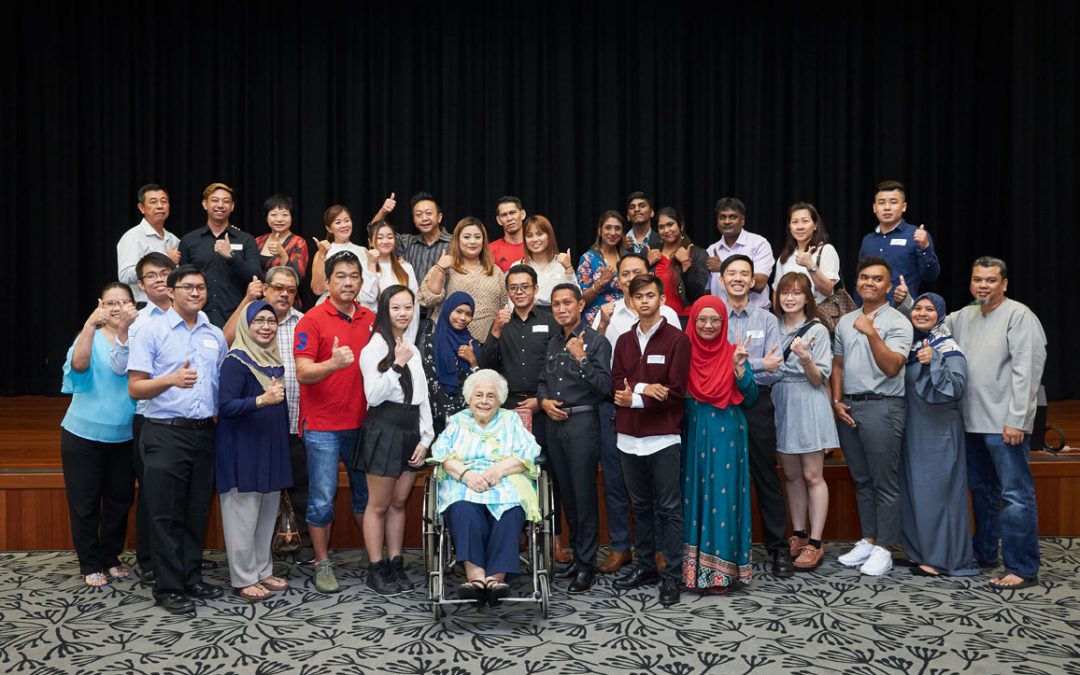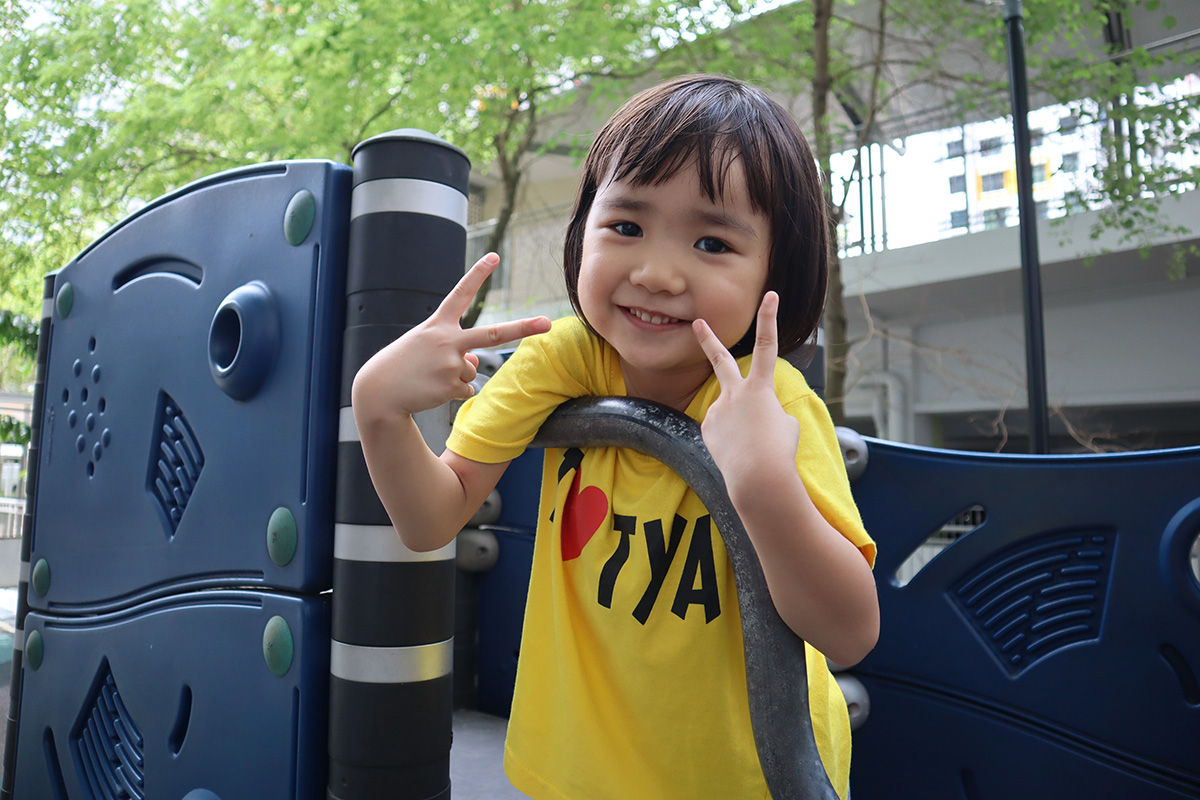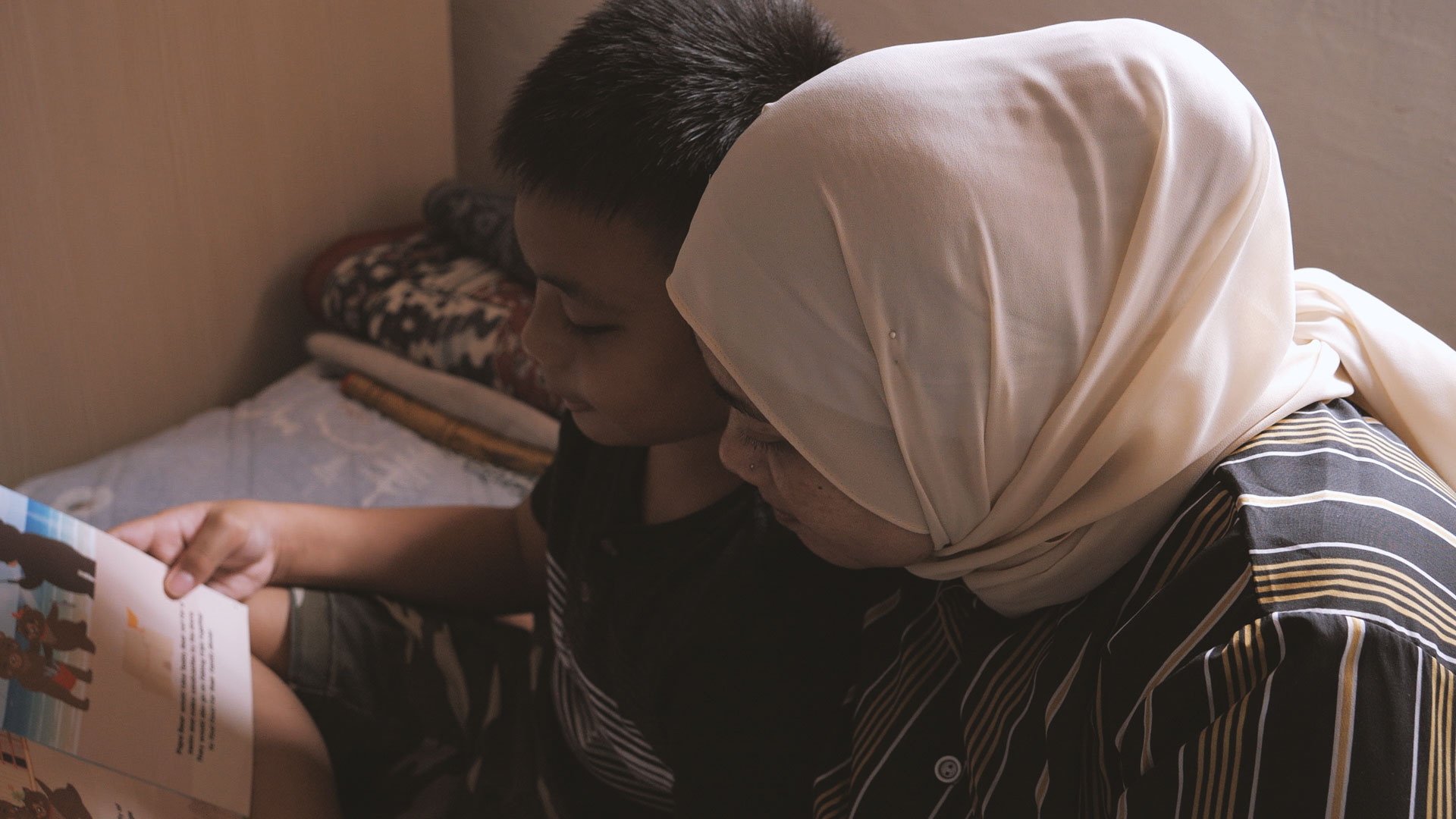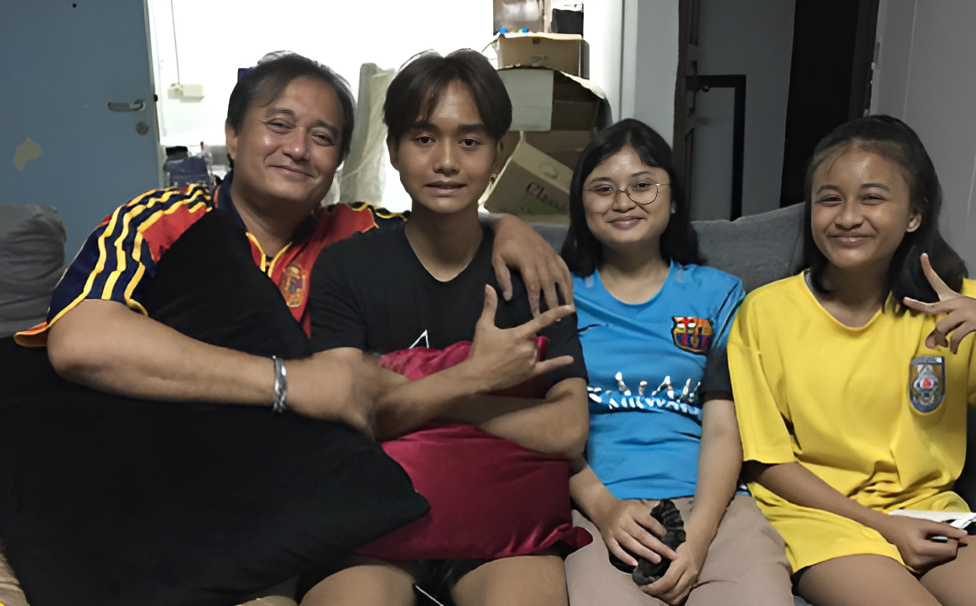Motivating trainees towards a brighter future


The new S R Nathan Book Prize & Special Assistance Scheme spurs trainees from ITE’s Traineeship Scheme to reach for a better future.
In recent years, Singapore’s education system has been seeking to move beyond academic grades to a more holistic approach towards learning. Seeking to change broader mindsets towards the value of applied learning and work experience, Singapore’s Institute of Technical Education (ITE) has been steadily championing a ‘work-study’ approach through its Traineeship Scheme
For a group of fresh secondary-school leavers, the scheme offers a much-needed alternative pathway. The course equips students with relevant industry skills – leading to both a nationally-recognised certification and career progression – while also allowing them to earn a monthly salary as they learn.
In September 2019, the S R Nathan Education Upliftment Fund (SRNEUF) launched the S R Nathan Book Prize & Special Assistance Scheme, which supports financially-needy students from the ITE Traineeship Scheme.
Managed by the Community Foundation of Singapore (CFS), the SRNEUF has been supporting full-time ITE students in need since 2012. With CFS’s facilitation, the S R Nathan Book Prize & Special Assistance Scheme was established this year in response to ITE’s appeal to extend support to trainees, many of whom come from families in challenging financial circumstances.
Similar to full-time ITE student profile, majority of students in the Traineeship Scheme are from lower-income households . While salaries for trainees start from $1000 before CPF deductions, trainees generally do not receive their income until their second month at work.
“We want to help this group of trainees because they are a group helping themselves by heading straight to the workforce after secondary school,” says Mr Aw York Bin, Deputy CEO (Industry). Joining the workforce is an uphill task for these young students, as they have to adapt to work-life while juggling academic commitments. “The S R Nathan Book Prize is an encouragement for them to persevere and complete the course,” he adds.
Additionally, the S R Nathan Special Assistance Scheme will help students from the lowest income tier with food and transportation for the first month before they receive their first salary. Lee Geok Teng, a student in Nitec in Business Services, remarks, “The traineeship has been a good way for me to be financially independent and enables me to pay my own phone bills and insurance.”
Ruthra Vaitheshwari D/O Thiagarajen, who is currently pursuing a Higher Nitec in Service Management, recalls the physical strain of managing work and her studies in her first three months. She says, “This award encouraged me further. The moment I received the prize from Mrs S R Nathan, I felt I should work harder.”
Muhammad Fadzrin Adzri B Adnan, a trainee who has worked at the Sheraton Towers Singapore Hotel, says the traineeship has helped him build an edge for his future career. “Receiving this book prize is very unexpected and a motivation for all the trainees who have worked hard in this course,” he says.
Remarking on ITE’s long-term partnership with CFS, Mr Aw commented, “CFS has opened many doors for us over the years to reach out to potential donors and to raise awareness of the needs of vulnerable students. Their advice has been invaluable, as well as their capacity to facilitate conversations around the evolving needs of our students.”
The new S R Nathan Book Prize & Special Assistance Scheme spurs trainees from ITE’s Traineeship Scheme to reach for a better future.
In recent years, Singapore’s education system has been seeking to move beyond academic grades to a more holistic approach towards learning. Seeking to change broader mindsets towards the value of applied learning and work experience, Singapore’s Institute of Technical Education (ITE) has been steadily championing a ‘work-study’ approach through its Traineeship Scheme
For a group of fresh secondary-school leavers, the scheme offers a much-needed alternative pathway. The course equips students with relevant industry skills – leading to both a nationally-recognised certification and career progression – while also allowing them to earn a monthly salary as they learn.
In September 2019, the S R Nathan Education Upliftment Fund (SRNEUF) launched the S R Nathan Book Prize & Special Assistance Scheme, which supports financially-needy students from the ITE Traineeship Scheme.
Managed by the Community Foundation of Singapore (CFS), the SRNEUF has been supporting full-time ITE students in need since 2012. With CFS’s facilitation, the S R Nathan Book Prize & Special Assistance Scheme was established this year in response to ITE’s appeal to extend support to trainees, many of whom come from families in challenging financial circumstances.
Similar to full-time ITE student profile, majority of students in the Traineeship Scheme are from lower-income households . While salaries for trainees start from $1000 before CPF deductions, trainees generally do not receive their income until their second month at work.
“We want to help this group of trainees because they are a group helping themselves by heading straight to the workforce after secondary school,” says Mr Aw York Bin, Deputy CEO (Industry). Joining the workforce is an uphill task for these young students, as they have to adapt to work-life while juggling academic commitments. “The S R Nathan Book Prize is an encouragement for them to persevere and complete the course,” he adds.
Additionally, the S R Nathan Special Assistance Scheme will help students from the lowest income tier with food and transportation for the first month before they receive their first salary. Lee Geok Teng, a student in Nitec in Business Services, remarks, “The traineeship has been a good way for me to be financially independent and enables me to pay my own phone bills and insurance.”
Ruthra Vaitheshwari D/O Thiagarajen, who is currently pursuing a Higher Nitec in Service Management, recalls the physical strain of managing work and her studies in her first three months. She says, “This award encouraged me further. The moment I received the prize from Mrs S R Nathan, I felt I should work harder.”
Muhammad Fadzrin Adzri B Adnan, a trainee who has worked at the Sheraton Towers Singapore Hotel, says the traineeship has helped him build an edge for his future career. “Receiving this book prize is very unexpected and a motivation for all the trainees who have worked hard in this course,” he says.
Remarking on ITE’s long-term partnership with CFS, Mr Aw commented, “CFS has opened many doors for us over the years to reach out to potential donors and to raise awareness of the needs of vulnerable students. Their advice has been invaluable, as well as their capacity to facilitate conversations around the evolving needs of our students.”
- Related Topics For You: ACCESSING QUALITY EDUCATION, CHARITY STORIES, DONOR STORIES, DONOR-ADVISED FUND, EDUCATION, NEWS, STORIES OF IMPACT, YOUTH



